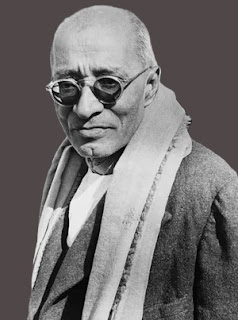Maniben Nanavati, born on February 27, 1905, in Gujarat, was a trailblazer in India's struggle for independence and women's empowerment. Her life and work epitomize the essence of freedom, patriotism, and the fight against colonialism. She was the daughter of Shri Chunilal Jhaveri, a cloth-merchant known for his honesty and selfless service to the community. Maniben lost her parents at a very early age, and her uncle raised her, providing her education at the Jain Girls School and instilling in her the values of Jain scriptures.
Maniben married Shri Chandulal Nanavati, an ardent follower and close associate of Mahatma Gandhi. Influenced by Gandhiji's teachings, she sought his advice on the best way to serve the country. Gandhiji encouraged her to focus on khadi work and rural development. This guidance marked a turning point in her life, leading her to promote the use of khadi and to empower women in rural areasManiben
was the first woman to introduce spinning to every village in India, a
revolutionary step that not only promoted self-reliance but also challenged the
British colonial economy. She stitched clothes for Adivasi and Dalit children,
attended to the sick, and worked tirelessly to improve the lives of the
suffering millions in India.
A staunch advocate for women's liberation, Maniben
established the Khadimandir, an institution exclusively for women, aimed at
their progress and empowerment. She believed in freeing women from the clutches
of male domination and providing them with opportunities for growth and self-sufficiency.
In memory of her late husband, Shri Chandulal
Nanavati, Maniben founded the Nanavati Hospital, a testament to her dedication
to healthcare and community service. Her legacy is a shining example of
patriotism, selfless service, and the relentless pursuit of independence and
equality for all.
Maniben Nanavati's contributions to India's freedom
struggle and her unwavering commitment to social reform continue to inspire
generations. Her life serves as a reminder of the power of dedication and the
impact one individual can have on the course of history.
















